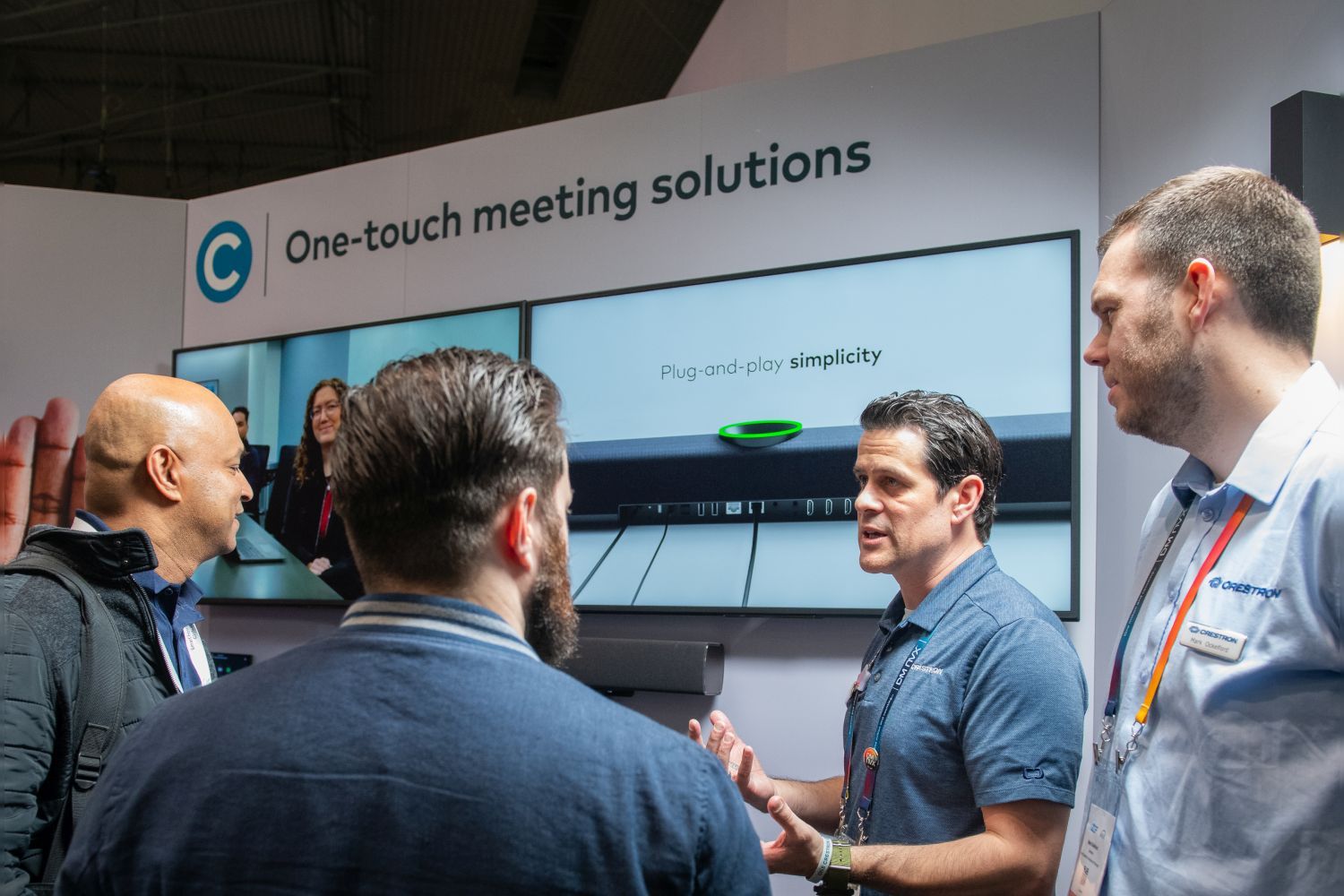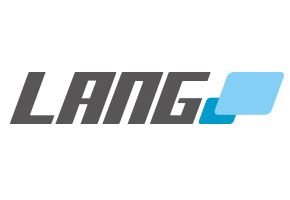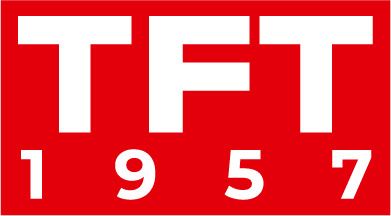The business trends shaping unified comms and edtech

The growth in communication and collaboration technology has been nothing short of incredible in the past decade. Workspaces and educational institutions can no longer function without a whole host of AV and IT tools designed to make it easier to learn and work effectively.
But as AV and IT have converged, more products rely on AV-over-IP technology, and as organisations have adapted quickly to the growing need to cater for remote and hybrid working and learning, the challenge of keeping networks secure has come to the fore.

Ransomware attacks specifically targeting AV systems have led to end users demanding higher levels of device security and prioritising this when going to tender. Strong levels of encryption, ensuring firmware and software are kept up to date and regular security assessments, combined with educating end users on the steps they can take to minimise risk, are all becoming commonplace, while calls for specific security standards remain part of the conversation.
As the amount of AV technology in working and learning spaces grows, so too does the amount of data that it generates. While in the past much of this has been overlooked, the introduction of more easy-to-use data platforms creates the opportunity to provide much greater insight into how spaces are being used. While this could provide end users with more information on the spaces and equipment that is in high demand, highlight any malfunctioning devices and help make more informed purchasing decisions, the challenge is how to collate this data into a useful format and how integrators can monetise this service.
Well-packaged data can also have a positive impact on the sustainability of organisations, providing insight into how equipment is performing, minimising downtime and helping end users opt for equipment that is necessary and useful rather than installing devices that simply sit in standby mode and don’t get used.
Indeed, sustainability is at the core of many of the technology decisions now being made as customers expect robust CSR policies from the organisations they deal with. In addition, universities across Europe are increasingly being tasked with reducing emissions and meeting national targets. For example, the UK government has set a target for all education settings, from nurseries to universities, to have a sustainability lead and a climate action plan in place by 2025, to help embed sustainability in all they do.
The installation of videoconferencing equipment and tools that enable learners and workers to work remotely rather than travel to the office or an event are a big step in this, while also helping educational institutions bring in guest speakers from around the world without them having to travel. However, institutions are increasingly vetting vendors and their supply chain to ensure they are acting responsibly when it comes reducing their own emissions, minimising waste and disposing of devices.

)
)
)
)
)
)
)
)
)
)

)
)
)
)
)
)
)
)
)
)
)
)
)
)

)
)
)
)
)
)
)
)

)
)
)
)
)
)
)
)
)

)
)
)
)
)
)
.png/fit-in/500x500/filters:no_upscale())
)
)
)
)
)
)
)
)
)
)
)
)
)
)
)
)
)
)